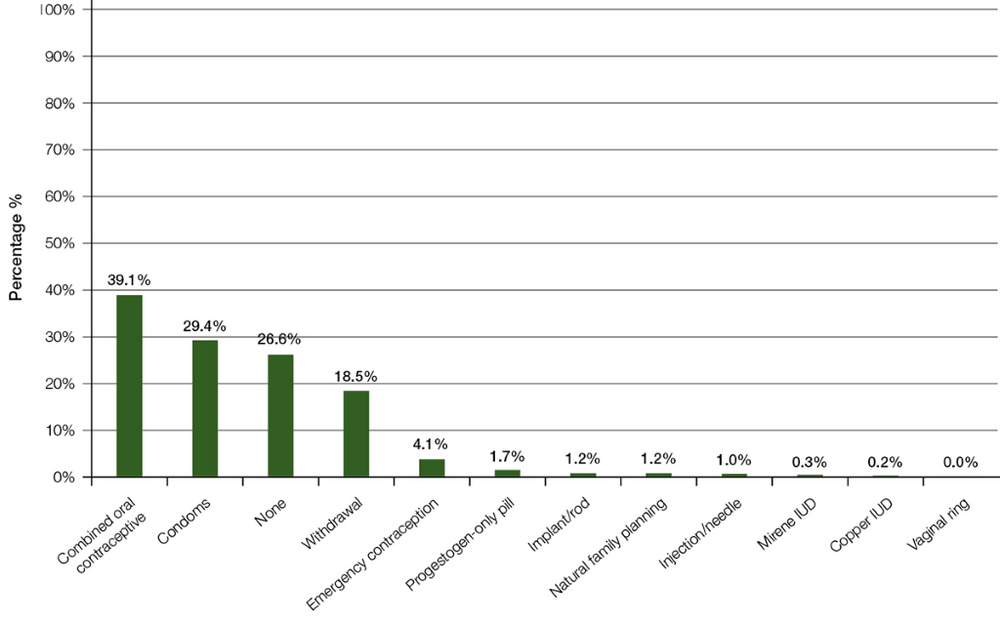Women “let down” over unwanted pregnancies in the bush
Luke Williams
01 March 2023, 2:40 AM
 Rural Health Commissioner Ruth Stewart. Image: Australian Government.
Rural Health Commissioner Ruth Stewart. Image: Australian Government. The National Rural Health Commissioner has told a Senate Inquiry women in rural and remote areas are being let down by a lack of pregnancy termination services.
It comes as Rural Health organisations unite in their call for significant changes to be made to increase services to pregnancy termination services in rural and remote areas.
Rural Health Commissioner Ruth Stewart told the Inquiry into the Universal Access to reproductive healthcare almost half of Australia’s women have had an unintended pregnancy during their reproductive period of their life and “this striking statistic is disproportionately represented by women in rural and remote areas.”
Women in rural and remote areas up to 40% more likely to experience an unintended pregnancy.
Commissioner Stewart attributed this to a lack of long acting reversible contraception (LARC) like hormonal implants and intrauterine devices. Commissioner Stewart says that while LARC methods have are the most effective form of contraception “uptake of LARCs in Australia is relatively low, especially in rural and remote areas.”
According to the submission to the inquiry of the Rural Health Commissioner’s office ”The higher prevalence of unintended pregnancies in rural and remote areas is a likely consequence of workforce shortages, workforce skills shortages and reduced access to contraceptives, especially LARCs”.
Contraceptive Use During Pregnancy

Royal Australian College of GP’s (RACGP) showing that only 1.2% of women with unwanted pregnancies were using an impact or a rod.
National Rural Health Alliance told the inquiry through their submission that access to medical abortion is very low in rural areas.
“Rates of unintended pregnancy are higher in rural areas, access to surgical termination of pregnancy is very limited and though available in primary healthcare, many areas of rural Australia do not have access to early medical abortion (EMA).”
“Access In Australia surgical termination of pregnancy (STOP) is generally provided in private clinics (and some public hospitals), but they are commonly located in major cities. Hence, access for rural women close to home is limited.”
The National Rural Health Alliance said “Medical abortion can be provided in primary care, either in person or via telehealth. A 2020 study reported that only 2,850 of the 41,000 GPs in Australia were registered to prescribe early medical abortion medications at that time”.
The alliance also said there was an “the issue of stigma, which continues to be reported by rural women as a hindrance to abortion care and is particularly acute in small rural towns. This stigma may be at the community level, the institutional level or the level of individual care providers who have a conscientious objection to the provision of abortion."
It is linked with concerns about confidentiality and privacy which are also acute in small rural towns where there are often limited choices of provider and ‘everyone knows one another.
The Rural Doctors Association says that approximately one third of Australian women will experience an unplanned pregnancy during their reproductive lives, and of those, one in five will undergo a termination of pregnancy.
“Women living in rural areas…are known to have higher rates of unplanned pregnancy, yet disproportionately experience increased difficulty in access to termination services” it told the inquiry.
A report by health organisation Organon released late last year showed women living in rural areas are 1.4 times more likely to experience an unintended pregnancy than women living in a metro setting.
“Prevalence of unintended pregnancy is also disproportionately higher amongst First Nations women, and those who are socioeconomically disadvantaged” the report said.
Commissioner Stewart told the Universal Access to Reproductive Healthcare inquiry, “I wish to see all barriers to rural and remote women accessing timely and appropriate women’s healthcare removed. Rural and remote women of Australia deserve the very best of women’s and reproductive healthcare”
Public hearings have now closed, the Senate Committee will deliver its final report on 11 May 2023.




